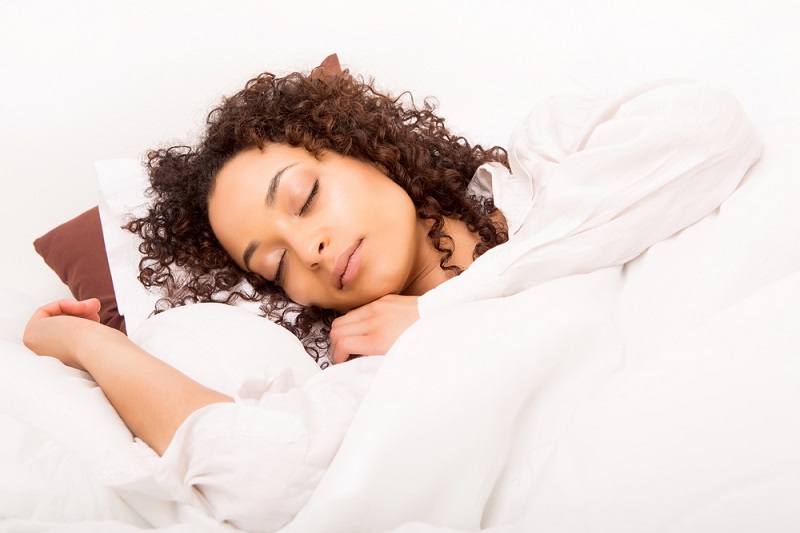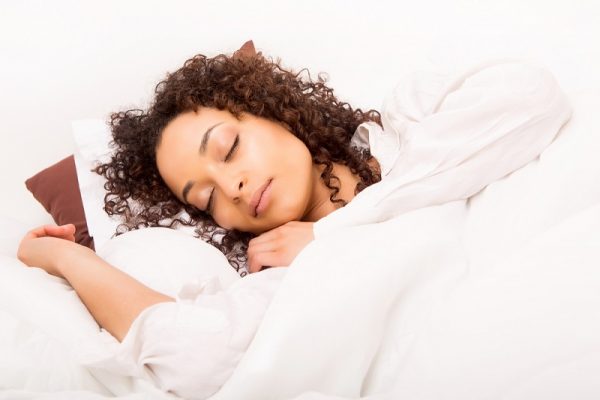Before electricity, human beings generally arose and retired with the sun, and this solar-powered lifestyle meant they got more sleep. Experts say we need a minimum of 7-8 hours of sleep each night, and that children and teens need more.
A few weeks ago, someone I follow on Twitter said something about how not sleeping enough leads to weight gain and that piqued my curiosity. Although she could not explain the science behind it, she mentioned “leptin” and I tucked it at the back of my mind. As soon as I got the chance, I started reading up on sleep, and here are a few of the many things I learnt:
1. Getting enough sleep can help you lose weight. Sleep produces leptin, an appetite-reducing hormone, which balances out ghrelin, an appetite-stimulating hormone. When you’re not sleeping enough, your hormones are out of balance and you eat more than you ought to.
2. Sleep plays a role in fertility and conception in many ways. First off, leptin also affects ovulation. When leptin production is compromised, menstrual cycles are messed up. Then melatonin, the hormone that helps us fall asleep and stay asleep, also protects a woman’s eggs when it’s close to ovulation time; so you can imagine what happens when melatonin levels are low. Furthermore, studies have also shown a strong relationship between the average hours a woman sleeps each night and her follicle stimulating hormone levels. So if you’re trying to conceive, don’t skimp on sleep, and remember that too much sleep can also throw your body’s rhythm off; going to bed and waking up at the same time every day, is best.
3. Sleep helps you stay healthy. Research has found that people who haven’t been getting enough rest are more susceptible to catching a cold.
4. Sleep deprivation leads to bad decisions. President Bill Clinton once said, “Every important mistake I’ve made in my life, I made because I was too tired.” Arianna Huffington also said, “The most important hiring mistakes I’ve made were when I was tired.”
5. The productivity you’re aiming for by depriving yourself of sleep and staying up late, is often not true productivity. Amazon boss Jeff Bezos says, “If you shortchange your sleep, you might get a couple of extra ‘productive’ hours, but that productivity might be an illusion.”
6. Research has shown that if you’ve been awake for 17 to 19 hours you have the cognitive impairment equivalent of a 0.05 percent blood alcohol level.
7. We’ve all at one time or the other seen someone dozing or struggling to stay awake at the steering wheel. Just as drunk-driving leads to accidents and loss of lives, so does drowsy-driving, but the latter has not received as much attention as the former.
8. Turning off technology an hour or at least 30 minutes before bed helps you sleep better. The light emitted by your phone, TV and other devices affect your sleep at night, suppressing your melatonin (that’s the sleep hormone) and telling your body to stay awake.
9. Research also shows that, for women, getting an extra hour of sleep increases the chances of having sex by 14 percent. Sex also helps you sleep better, so this is a win-win!
10. Whereas insufficient sleep makes you age prematurely over time, getting enough sleep will help your skin stay healthy and even glow. There’s a reason why “beauty sleep” is a thing.
What will you cut down on to make more room for sleep?


